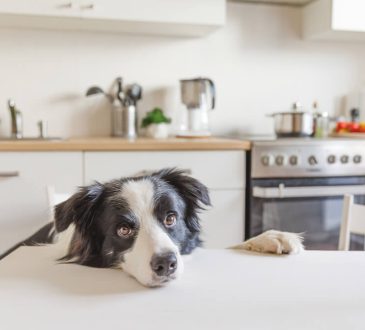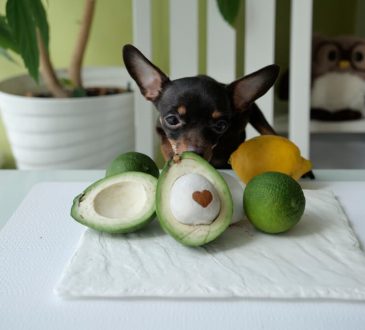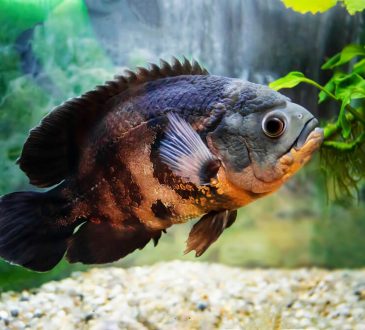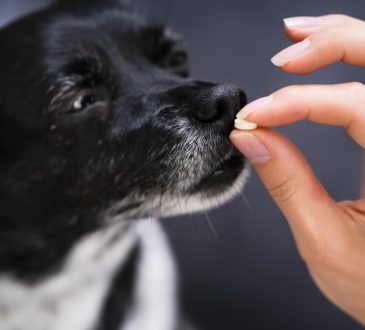Can Dogs Eat Carrots? Everything You Need to Know About Feeding Your Canine Carrots
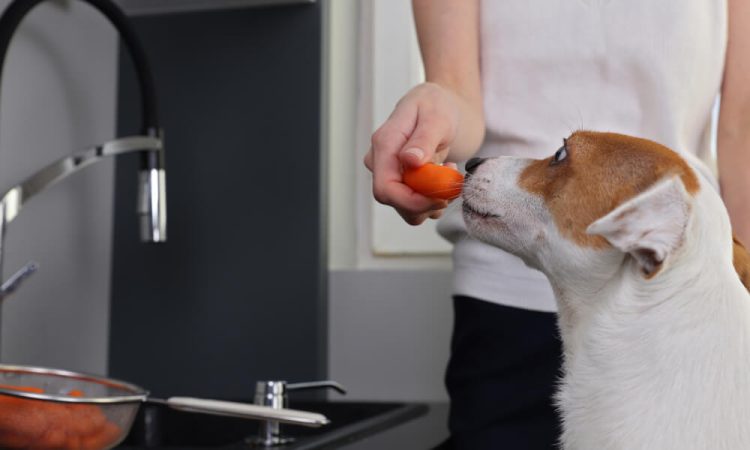
Can dogs eat carrots? Pet owners frequently ask this when seeking healthy options. Carrots are rich in beta-carotene, fiber, and vitamins A, C, and K, offering numerous benefits. However, it’s important to introduce and prepare them properly and be aware of potential risks. This guide covers feeding carrots to dogs, safety across breeds, and creative meal incorporation for a balanced diet.
The Nutritional Benefits of Carrots for Dogs
Carrots are not only a popular vegetable among humans but also a highly beneficial snack for our canine companions. When considering healthy dog snacks, many pet owners ask, “Can dogs eat carrots?” The answer is a resounding yes. Carrots offer numerous nutritional benefits that can contribute to your dog’s overall health and well-being.
One of the primary advantages of feeding carrots to dogs is their rich vitamin content. Carrots are packed with vitamins A, K, and C. Vitamin A is essential for maintaining good vision, supporting immune function, and promoting healthy skin and coat in dogs. Vitamin K plays a crucial role in blood clotting and bone health, while vitamin C acts as an antioxidant that helps protect cells from damage.
In addition to vitamins, carrots are also high in fiber which aids in digestion and helps maintain regular bowel movements. They are low in calories and fat, making them an excellent choice for dogs that need to manage their weight or those prone to obesity.
The nutrients found in carrots can help improve dental health as well. Chewing on raw carrot sticks can help reduce plaque buildup on your dog’s teeth due to their natural crunchiness.
In summary, incorporating carrots into your dog’s diet can provide valuable nutrients that support various aspects of their health. From enhancing vision with vitamin A to promoting good digestion with fiber, the nutritional benefits of carrots make them an ideal healthy snack for dogs.
Are Carrots Safe for All Dog Breeds?
When considering the safety of carrots for dogs, it’s essential to understand that carrots are generally a healthy and safe treat for most dog breeds. Rich in vitamins A, C, and K, as well as fiber and antioxidants, carrots can contribute positively to your dog’s diet. They are low in calories and can be a great alternative to high-calorie treats.
However, while most dogs can safely enjoy carrots, it’s important to introduce them gradually into your dog’s diet. Some breeds may have specific dietary needs or sensitivities that could make even healthy foods like carrots problematic. Always monitor your dog for any adverse reactions when introducing new foods.
For puppies, the same general rules apply: start with small amounts and observe how they react. Puppies have more delicate digestive systems compared to adult dogs, so moderation is key. Baby carrots are also safe for dogs but should be given in appropriate sizes to prevent choking hazards.
While carrots are safe and beneficial for most dogs and puppies when given in moderation, it’s always best to consult with your veterinarian before making significant changes to your pet’s diet. This ensures that you cater specifically to the nutritional needs of your dog’s breed and individual health conditions.
How to Safely Prepare Carrots for Your Dog
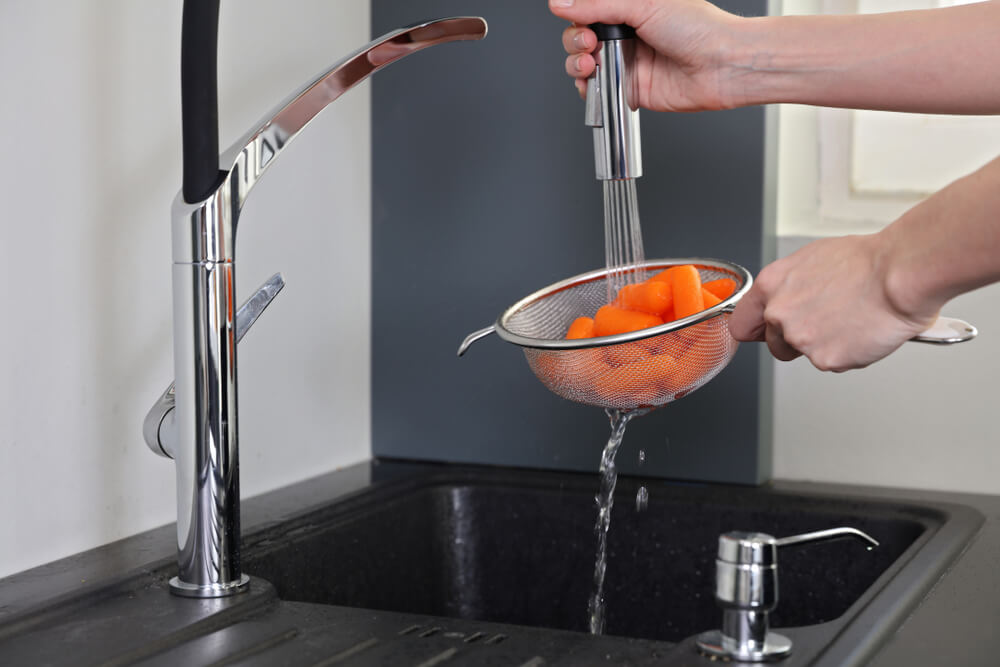
When it comes to preparing carrots for your dog, safety and nutritional benefits are key. Carrots can be a healthy treat for dogs, but it’s important to know the best way to prepare them.
First, consider the debate between raw vs cooked carrots for dogs. Both options have their advantages: raw carrots are crunchy and can help clean your dog’s teeth, while cooked carrots are easier to digest and may be better suited for dogs with sensitive stomachs. If you choose to cook the carrots, steaming is a great method as it preserves most of the nutrients.
Next, cutting carrots safely is crucial to prevent choking hazards. Always cut the carrot into small, bite-sized pieces that are appropriate for your dog’s size. For smaller breeds, thin slices or small cubes work well; larger breeds can handle bigger pieces but should still avoid large chunks that could get lodged in their throat.
Lastly, be mindful of serving sizes of carrot treats. While carrots are low in calories and high in fiber and vitamins, they should still be given in moderation. A few small pieces per day is usually sufficient as a treat or supplement to their regular diet.
By following these guidelines on preparing carrots for dogs—whether raw or cooked—you can ensure that your furry friend enjoys this nutritious snack safely and happily.
The Potential Risks and Side Effects of Feeding Carrots to Dogs
Feeding carrots to dogs can be a healthy treat, but it is important to be aware of the potential risks and side effects. While carrots are generally safe for dogs and provide essential nutrients like vitamins A, K, and fiber, there are certain considerations to keep in mind.
One of the primary risks of feeding dogs carrots is the possibility of digestive issues. Carrots are high in fiber, which can lead to gastrointestinal upset if consumed in large quantities. Side effects of too many carrots in a dog’s diet may include diarrhea or constipation. It is crucial to introduce carrots gradually into your dog’s diet and monitor their response.
Another concern is the risk of allergies. Some dogs may have allergies to vegetables, including carrots. Symptoms of an allergic reaction can range from mild itching and skin irritation to more severe symptoms such as vomiting or difficulty breathing. If you notice any signs of an allergic reaction after feeding your dog carrots, it is advisable to consult with your veterinarian immediately.
Lastly, while rare, there is also a choking hazard associated with feeding whole or large pieces of raw carrots to dogs, especially smaller breeds or puppies. Always ensure that the carrots are cut into appropriate sizes that your dog can easily chew and swallow.
While incorporating carrots into your dog’s diet can offer health benefits, being mindful of these potential risks ensures that you are making safe choices for their well-being. Always consult with your veterinarian before making significant changes to your pet’s diet.
Creative Ways to Include Carrots in Your Dog’s Diet
Carrots are a fantastic addition to your dog’s diet, offering numerous health benefits such as improved vision, dental health, and a boost in essential vitamins. If you’re looking to incorporate this nutritious vegetable into your pet’s meals, here are some creative ways to do so.
One of the simplest methods is making DIY dog treats with carrots. You can start by grating raw carrots and mixing them into homemade dog biscuit dough. Bake these treats until they’re crunchy for a healthy snack that also helps clean your dog’s teeth.
For more elaborate carrot recipes for dogs, consider whipping up a carrot and apple pupcake. Combine grated carrots with applesauce, whole wheat flour, and eggs to create a batter. Bake these mini cakes until they’re firm and let them cool before serving as an occasional treat.
Adding vegetables to dog food is another easy way to enhance your pet’s diet. Steam or boil chopped carrots until they’re soft but not mushy. Mix these cooked carrots into your dog’s regular kibble or wet food for added texture and nutrition.
Lastly, you can offer raw carrot sticks as healthy snack ideas for pets who enjoy chewing. This not only provides essential nutrients but also serves as an excellent low-calorie treat that helps maintain dental hygiene.
By incorporating these creative carrot-based options into your dog’s diet, you can ensure they’re getting the benefits of this versatile vegetable in delicious and enjoyable ways.

